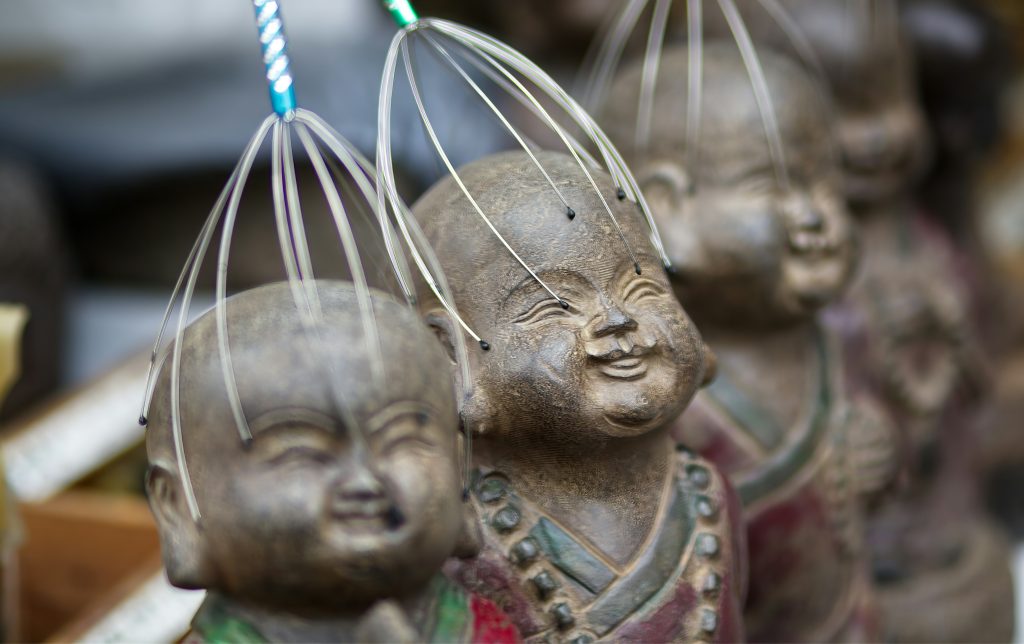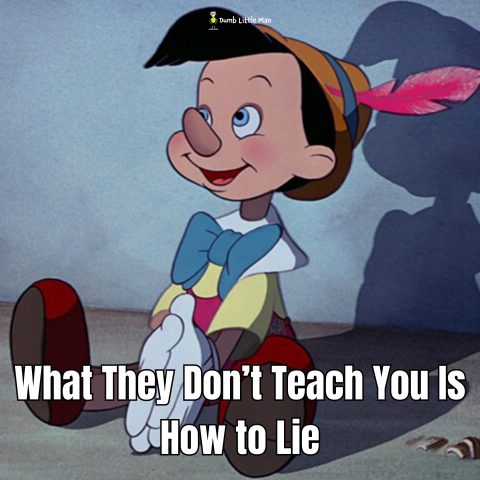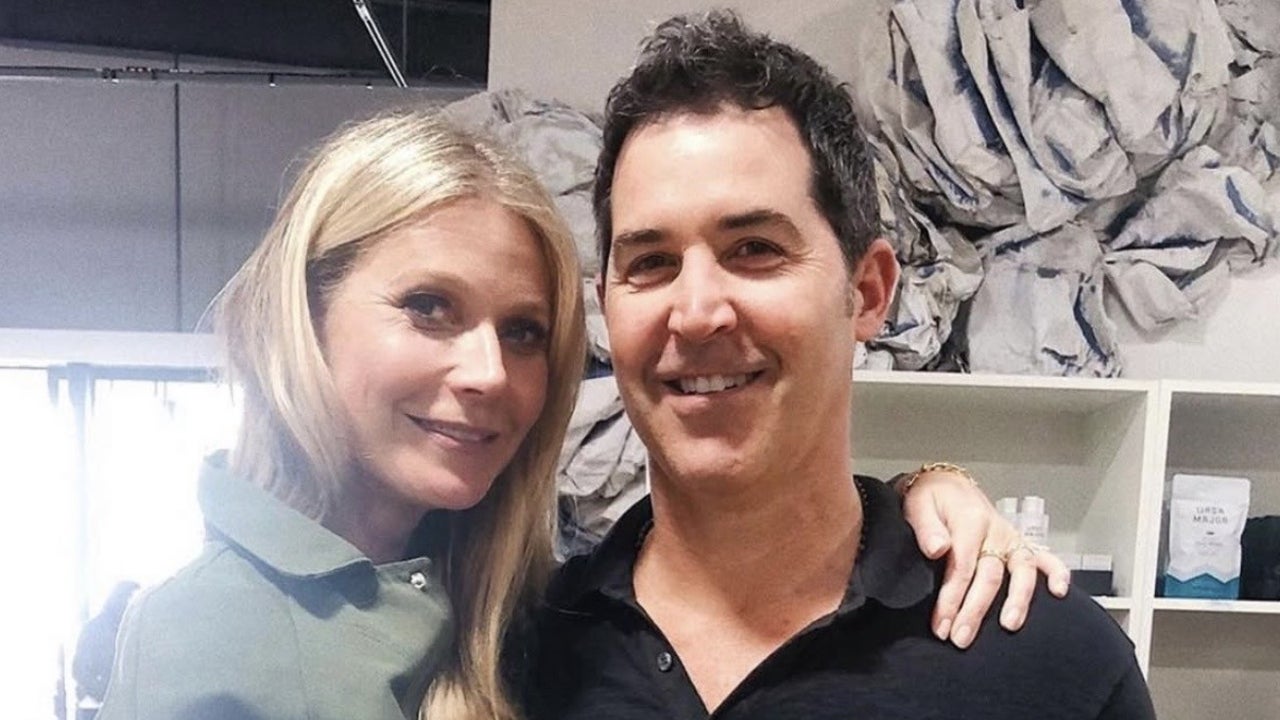A Spoiled Child
A Theravada monk imparts timeless wisdom to the parents of a boy who is unable to help himself. The post A Spoiled Child appeared first on Tricycle: The Buddhist Review.

A Theravada monk imparts timeless wisdom to the parents of a boy who is unable to help himself.
By Ajaan Suchart Abhijato May 22, 2025 Image via Simon Hurry
Image via Simon HurryThe following excerpt was taken from a conversation between Than Ajaan Suchart and one of his students.
My suffering is over my son who is grown up already but is still unable to help himself. That’s desire. If you want to improve the situation, you have to look at it logically. See if there’s anything you can do to help. If there’s something you need to do, then do it. If there’s nothing for you to do, then don’t do anything. If helping will make him not help himself, then don’t. He has to learn to be self-reliant: to solve his own problems. If you always solve everything for him, he’ll just throw all his problems on others.
Well, I haven’t suffered over it much as I have my dhamma practice, but my wife is often suffering, asking what will become of her child if she dies. I said that everything must go according to our karma: we each have our own karma. In the end, we all have to die. If he takes refuge in the teachings, he’ll have what he needs to solve all his problems for good. If he rejects Buddhism, he can only plaster over them without solving the root of the problem. As soon as he’s reborn in the next life, he’ll face the same problems again.
All our problems are created by us. They come from our own desires. As soon as we’re not satisfied with this or that, we’re already suffering. And when we’re satisfied with this or that, we’re still suffering because once we’re satisfied, we’re afraid that it will leave us. When it really does leave, we’re suffering again.
Desire creates problems all on its own. Things just are what they are. They come and then they go. They arise and they cease. You’re the instigator: getting pleased with them, then not wanting them to go away. Or becoming displeased with them and then wanting them to go away faster! When they don’t, you get upset. So, calm down. Whatever it is that you don’t like will go away some day soon anyway. And whatever you like will also go away all the same. You have to keep your mind neutral and you’ll be peaceful.
This is why we practice meditation. The way to practice meditation is to center your mind. Let go of everything, but don’t be indifferent. Let go with reason. Be neutral with mindfulness and wisdom. Whatever can be done, we do it, but our hearts harbor no attachment or aversion to them because attachment is one kind of suffering and aversion is another. Attachment is suffering when we’re separated from what we love. Aversion is suffering when what we dislike finds us. But if you’re neutral, not attached or averse, you’ll be fine. If it finds you, you won’t suffer. When it leaves you, you won’t suffer either.
That’s, like, heartless, isn’t it? How so?
To be so indifferent. Don’t be unreasonable. If you have money or things to share with him, you can give him something. You can still help him. But your heart should remain unfazed by whatever situation you have to encounter.
Being annoyed when you lose money and being excited when you get money: is that “big-hearted?” Being neutral means that when you get something, you won’t get excited, and when you lose something, you won’t lose your mind. That’s the point. Because you know that whatever comes must go. You remember that whatever you have now will disappear: if not today then tomorrow.
Let go of everything, but don’t be indifferent. Let go with reason. Be neutral with mindfulness and wisdom.
When you die, who will your things belong to? Can you take them with you? Have you ever thought about that? About the moment when you’ll have to throw everything away? This is why I say it might be good to get cancer and have the doctor give you three months to live: then you’d find it easy to give away everything. You wouldn’t want to accumulate anything. You’d just want to make merit and let everything go.
This is why the Buddha said that you should think about death often. If you can do it, thinking about death is a wonderful medicine to cure your greed, hatred, and delusion very quickly. If you go to the doctor, and the doctor says you have cancer with just three months to live, you’d see: whatever you have, you’ll want to give it to this or that person. You’ll give it all away, being afraid that as soon as you die, other people might swoop in and take it. So, before you die, giving them away is better. Think about death and all your problems will disappear. But if you can’t do it, it’s better not to try. You might kill yourself or someone else because if you don’t have sufficient calmness, the mind will resist and fight the medicine. As soon as you think about death, you’ll get depressed. You might do something terrible to others or to yourself: for example, thinking that if you have to die eventually, you might as well die now, which is wrong view.
Developing the recollection of death isn’t for the purpose of killing yourself or others, it’s for helping you to let go. It says that sooner or later you have to die, as must your son. You don’t have to do anything extreme. Act pointlessly and you’ll get the karmic consequences for whatever evil actions you take. Instead, have compassion. Whatever you have, you’ll be able to share it with those in need, because you’ll be dead soon and don’t need it. But you need to give reasonably. There’s no need to pour water into a leaky bucket. Don’t give like that. If whatever you give them, they waste on alcohol and gambling and then ask you for more, don’t give to someone like that. Give to someone who knows how to use money wisely, who knows what it’s worth. Giving to someone like this is good. But if however much you give them isn’t enough for them and they come back to you asking for more, you’ll have to give them just the portion that’s his, that you can afford. If that money runs out and he asks for more, you shouldn’t give more. Or, easier, you can just give a little bit at a time. When he comes back and asks for more later, then you can warn him that the money is running low. Let him know how many times he’s asked already and how many more times he has left so that he can prepare himself.
But you also have to practice meditation. Once your mind is calm, it will be happy and can let go of everything. At that point, losing money or anything doesn’t matter any more because you don’t need it. You already have a better happiness than the happiness you get by receiving money. You won’t need to rely on money, except for what’s needed to maintain the body. But you won’t need to buy this or that, go out to eat or drink, because the happiness you have from peace of mind is superior to all that.
So, please: try to practice. You have wonders inside. We are like chickens who have a gem but don’t want it. We just throw it away. We’re only interested in worms and caterpillars. But no matter how many we get, we’re not full. It’s not enough. No matter how much money we make, it’s not enough. No matter how many titles, or promotions, or whatever we receive, it’s not enough. We always want something higher, something larger, something better. And when we can’t get it, we get sad or angry, and we suffer. But if you had peacefulness, then you wouldn’t want anything. You wouldn’t be sad. When you get something, you wouldn’t be elated and when you lose it, you wouldn’t be upset. Whatever you get is just a bonus. Like when you go to the gas station and they give you some promotional freebie: if you get it, you get it. If you don’t it’s no big deal. You only need the gasoline. If your heart has happiness already, then it doesn’t matter what else comes your way. It doesn’t matter what else you lose. So, let’s go find that. It’s ours. It’s true. It’s real. It’s permanent. It has always been with us.
♦
Excerpted from Why Suffer? by Ajaan Suchart Abhijato. Used with permission.
![]()
Thank you for subscribing to Tricycle! As a nonprofit, we depend on readers like you to keep Buddhist teachings and practices widely available.

 UsenB
UsenB 
































